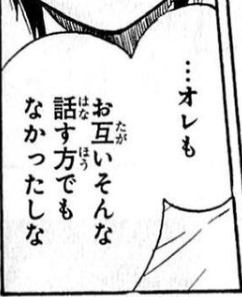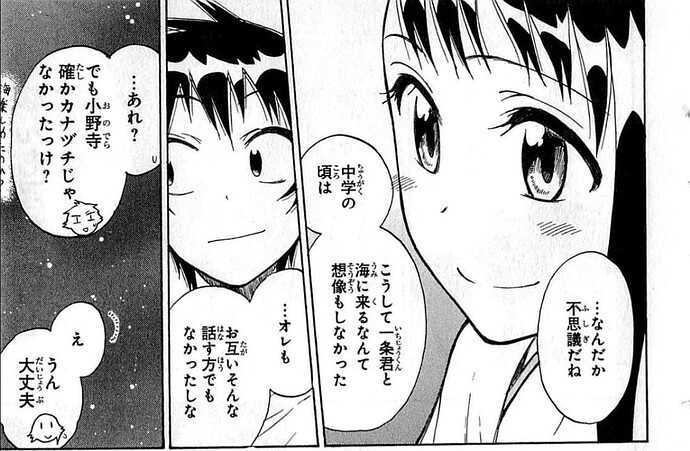I’m here to fight the particle でも as well as the inventor of Japanese. I’m going to be posting sentences with でも in them that I do not understand and ask for help on how to translate them. Furthermore, I may also post other particles I cannot grasp in the hope that someone can help me understand the purpose of the particle and the translation.
A nice way to think about でも is to think of it as particle that brings ‘extreme example’.
It is extension of the particle ‘も’ meaning of ‘also’.
It is usually a pattern like this if something is the case is for the extreme example, then it is also the case for everything else.
猿も木から落ちる。
Even monkeys fall from the trees. (Monkeys are know to be good with trees, so if the extremely good monkeys fall, then its also the case for everybody else)
先生でも間違う。
Even teachers make mistakes. (Teachers are teaching others, so they should be extremelly good in whathever they do, so if the teachers make mistakes, then its also the case for everybody else).
And so on.
I hope it helps a bit.
Can でも be short for だっても (Perhaps the way JP combines sounds over time?)
I never knew this side of でも、thanks
でも is indeed challenging because of the wide range of uses it has. Here’s what I have on my でも flashcard, in case it helps.
- Presents an extreme example to illustrate that such a case also applies to normal cases; even
Ex. 先生でもわからないでしょう
- (どんな…でも)no matter what; no matter how; regardless of the fact that …
Ex. あの先生はどんな難しい問題でも解ける
- casually indicates a suggestion; something like …
Ex. 帰りにコーヒーでも飲みに行かない?
- (よく「だけでも」の形で) expresses wishful thinking; if only … (even just a little bit)
Ex. せめて少しだけでも貯金があったらなあ
- (よく「まんざら…でも」・二重否定の形で)indicates there are alternatives besides the obvious; not all bad; not unthinkable
Ex. あの人の言うことは、まんざらうそでもない
- (…でも…でも)whether … or …; neither … nor …
Ex. 電車でも、バスでも行ける場所なので、便利です
- (代名詞の下に付いて)any (thing, place, one, etc.)
Ex. 何でも・何処でも・誰でも
- as a casual conjunction; but; however; although; still; nevertheless; even so
Ex. 「そうしたわよ」彼女は文句を言った。「でも水なんかなかったわよ」。
By the way, all of these usages are for the combination particle でも, but でも also arises from the て-form of ぶ・ぬ・む verbs in combination with the particle も. In these cases, it’s interchangeable with ても. I can also provide those uses if you want.
This helps a ton! Thanks for your time!
Finally. I get a hero. Give the inventor a few smacks for me too
Inazamani maybe lol, or Shikibu, depends on your persuasion

Which would you say this is? If you need more context I can provide it.
That looks like #1. It’s hard to translate in isolation because the topic isn’t clear, and there’s a reference to the way in which they were talking with each other that’s apparently meaningful. A poor translation might something like, “Me too… for one thing, we didn’t even talk with each other like that.” Without knowing what came before this it’s difficult to narrow in on what the speaker means. I don’t think the meaning of でも would change, though.
Here is the full context, but anyways thank you for helping me get over my severe phobia for particles
OK, yeah, I think what I came up with originally fits. What the boy said definitely makes sense as a response to the girl.

No worries. Just keep fighting. You’ll show 'em who’s boss. 


